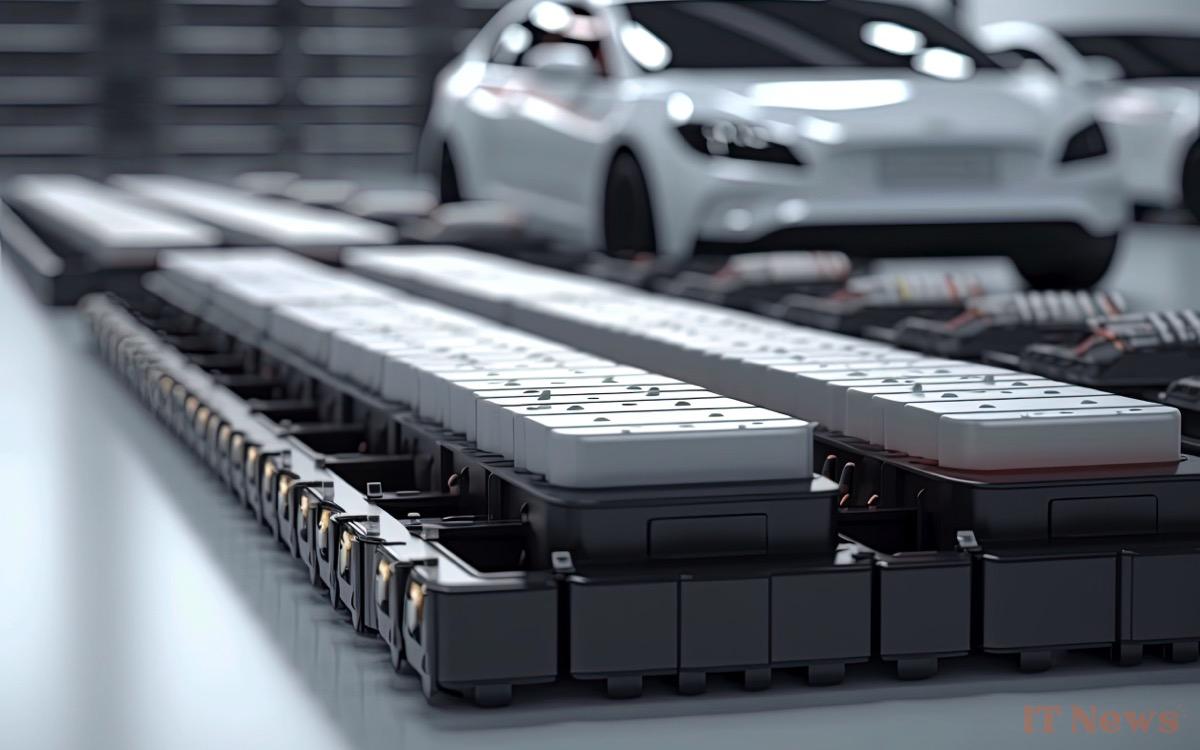Electric car batteries always end up losing their range over time. But a new technology could change everything: a model capable of repairing itself in the event of internal damage. More durable and more efficient, it promises to increase the longevity electric vehicles and reduce their maintenance costs.
One of the main brakes on The massive adoption of electric cars remains the limited lifespan of their batteries. Over the course of charge and discharge cycles, the cells degrade, lose autonomy, and eventually require costly replacement. While recent advances have increased their capacity and reduced charging times, their aging remains a problem for manufacturers and users.
Researchers at SINTEF, a Norwegian research institute, are working on an innovative battery that could repair itself after internal damage. This advance is based on the use of a special binder that maintains the structure of the cells and prevents their premature deterioration. In addition to offering greater longevity, this technology would allow better autonomy to be maintained over the long term, thus reducing the need to change it after a few years of use.
This self-repairing battery improves the stability and extends the range of electric cars
This new battery is distinguished by the use of a cobalt-free cathode, composed of lithium-nickel-manganese. This chemical choice offers several advantages: it reduces dependence on rare materials and reduces their environmental impact. In addition, this composition increases the average voltage, which helps to improve charging times and the overall performance of the vehicle. The density The energy efficiency is also optimized, meaning it can store more energy in a more compact format, a major advantage for the autonomy of electric cars.
The anode of this battery combines silicon and graphite, a more efficient alternative to traditional pure graphite anodes. Silicon is known for its ability to store more energy, which would significantly increase the autonomy of vehicles. However, its main drawback is its gradual swelling during charging and discharging cycles, which reduces the lifespan of batteries. By integrating graphite, researchers have managed to stabilize the anode structure while maintaining high energy efficiency. This advancement could improve not only the range of electric cars, but also their long-term reliability.
Source: sintef




0 Comments